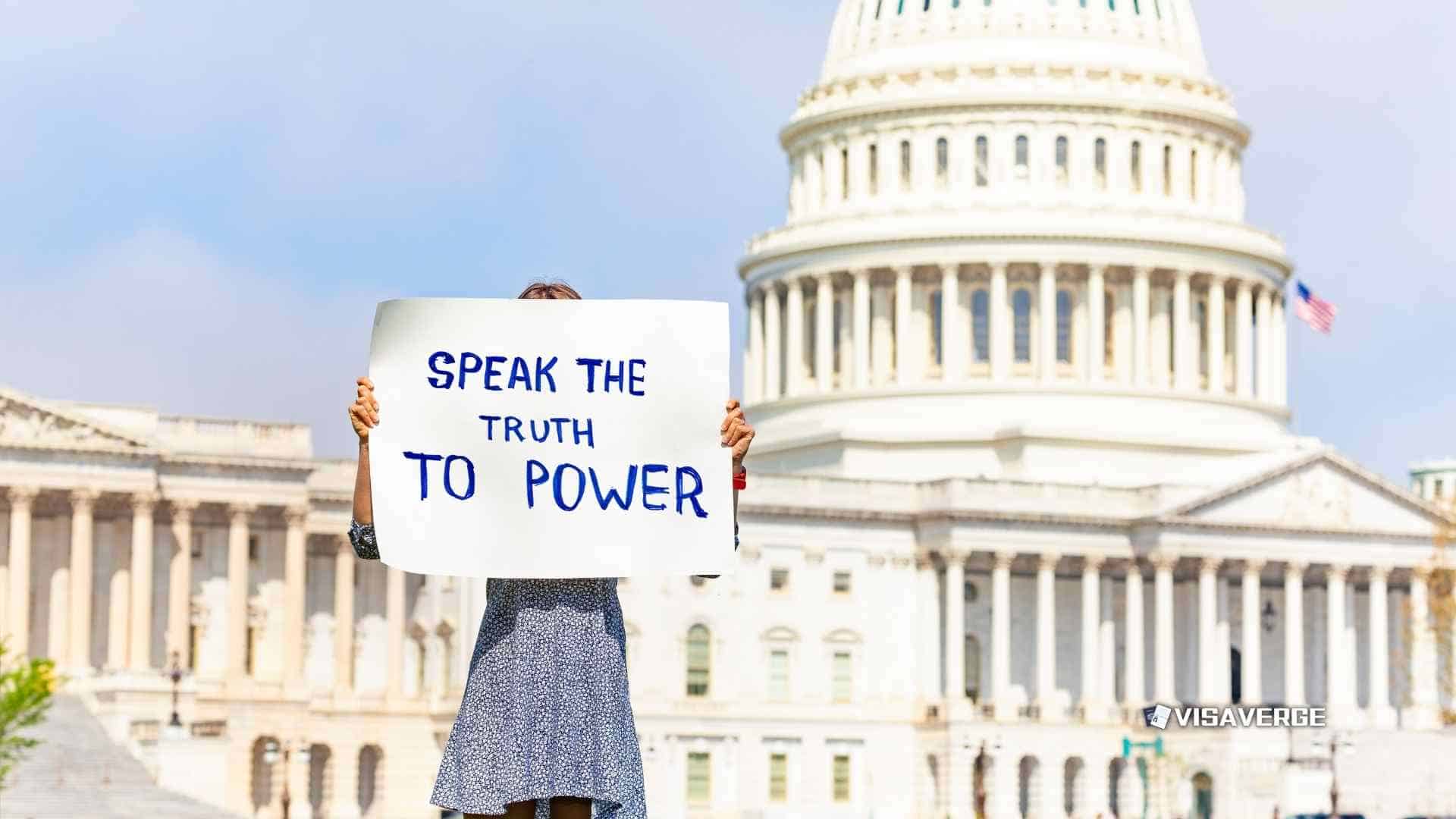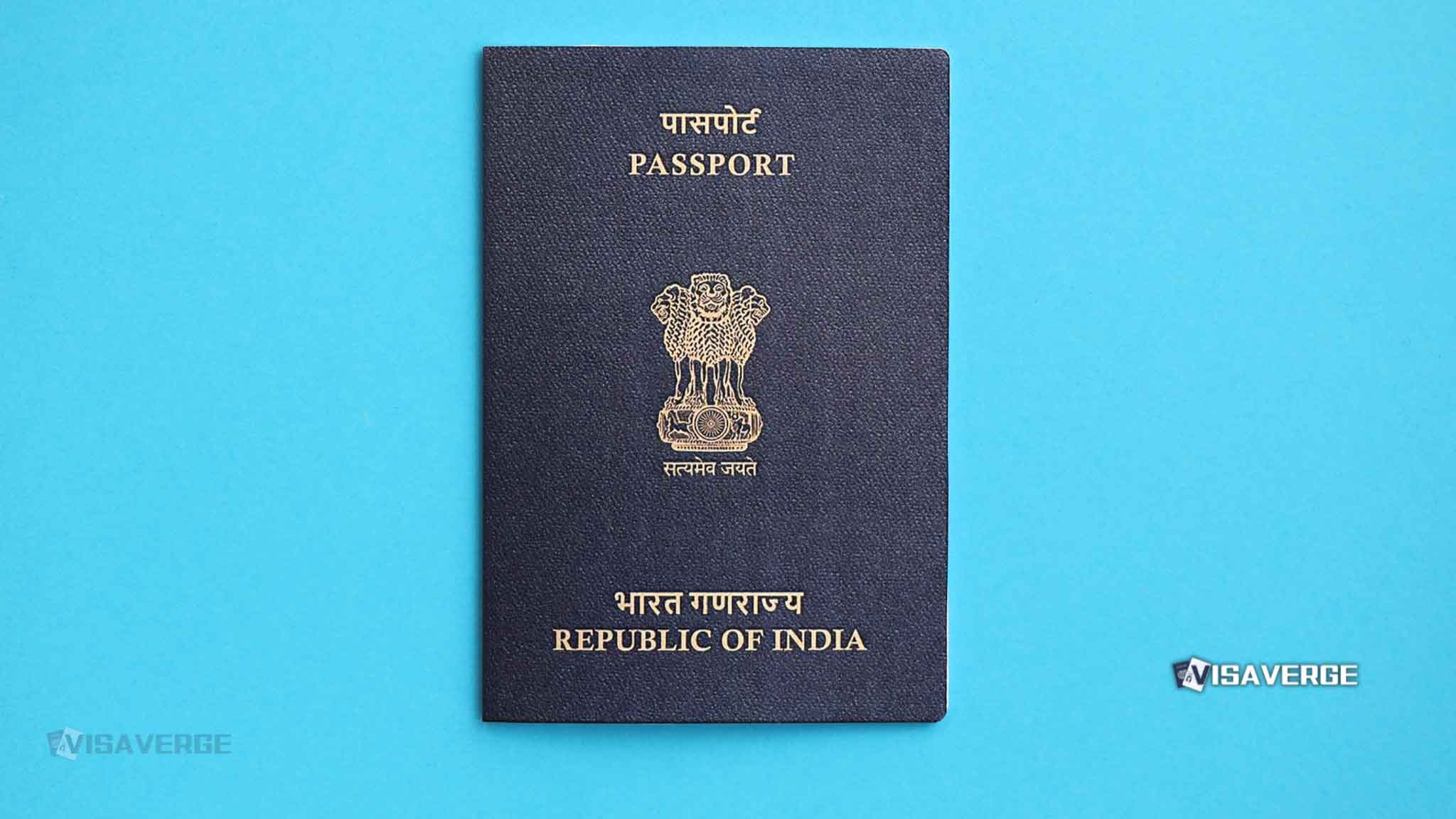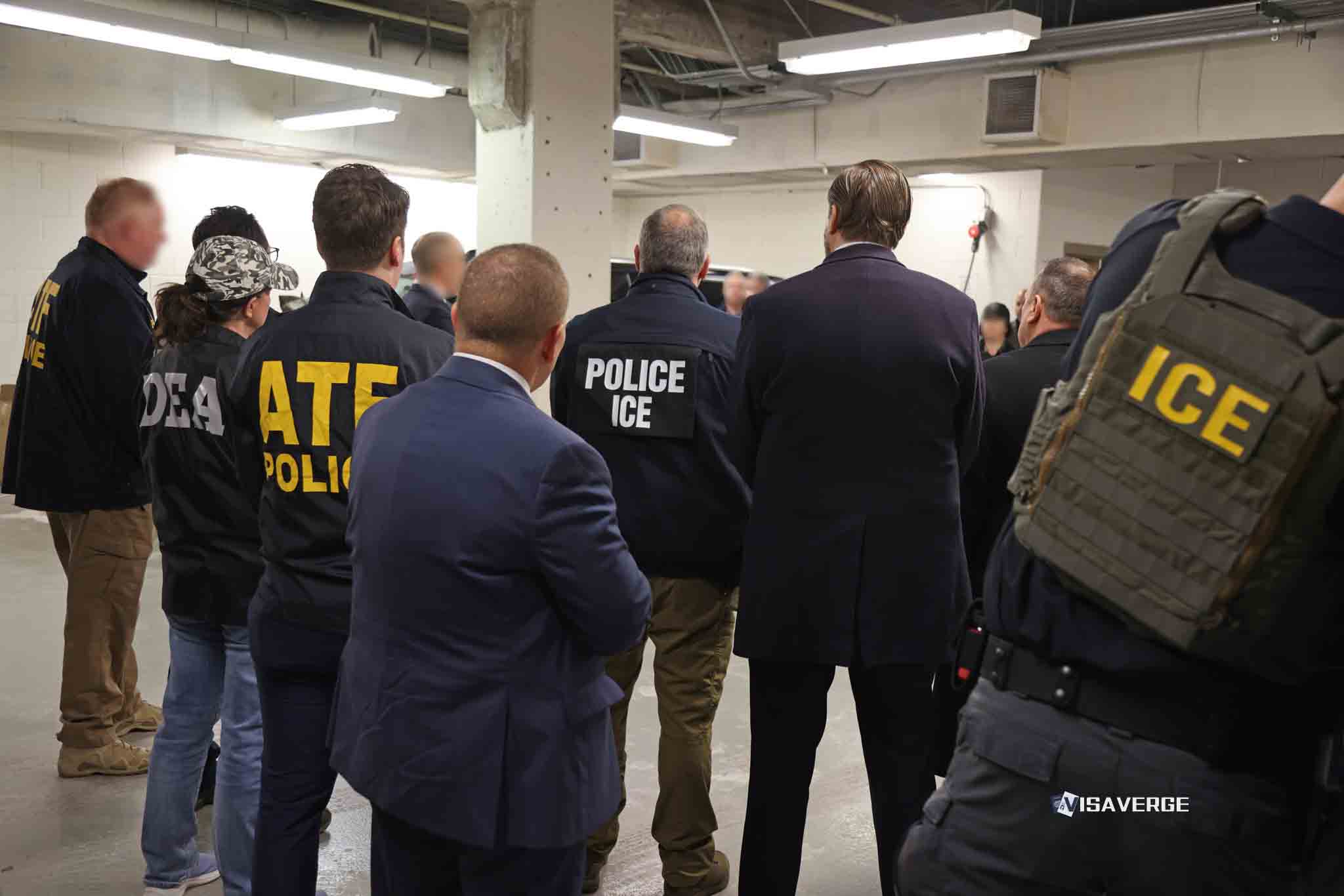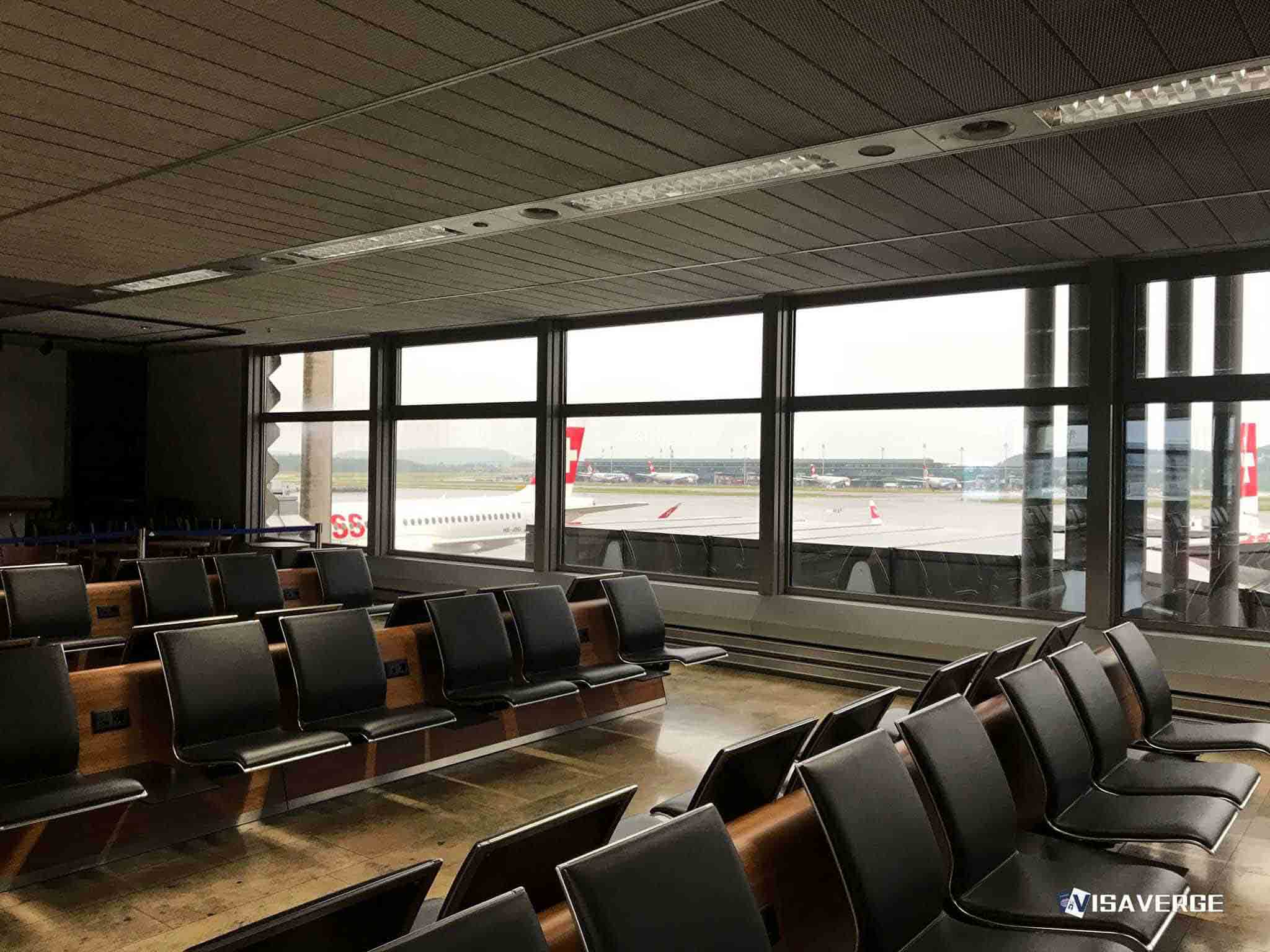Key Takeaways
• The Safe Air Act restricts NY state contracts and tax benefits for airlines enabling deportations without due process.
• Democratic leaders Fahy and Solages champion the bill targeting airlines like Avelo involved in deportation flights.
• Federal orders since January 2025 have increased immigration enforcement, prompting state-level legal and legislative responses.
The Safe Air Act: Analyzing State-Level Responses to Federal Deportation Practices at the New York State Capitol
Purpose and Scope

This analysis examines the Safe Air Act (S.7960/A.8188), a legislative proposal debated at the New York State Capitol, and its broader implications for immigration enforcement, airline industry practices, and affected communities. The Safe Air Act aims to restrict state contracts and tax benefits for airlines that participate in deportations lacking due process. This report explores the context, legislative activity, legal challenges, and potential outcomes, focusing on the intersection of state and federal authority in immigration matters. The analysis draws on recent events, legislative records, and statements from Democratic leaders to provide a comprehensive, evidence-based overview.
Methodology
To ensure an objective and thorough analysis, this report synthesizes:
– Official legislative documents and bill summaries from the New York State Legislature
– Statements and press releases from Democratic leaders at the New York State Capitol
– Federal executive orders and memoranda issued since January 2025
– Judicial rulings and ongoing legal challenges related to deportation practices
– Publicly available data on airline operations in New York State
– Reports from reputable immigration news sources, including VisaVerge.com
– Comparative review of related federal and state legislative initiatives
Information is presented using clear subheadings, bullet points, and visual descriptions to aid understanding. Key findings and trends are highlighted, with attention to the practical impact on airlines, immigrant communities, and the legislative process.
Key Findings
- The Safe Air Act is a direct response to increased deportation activities and concerns about due process under recent federal policies.
- Democratic leaders, including Senator Patricia Fahy and Assemblywoman Michaelle Solages, have prioritized the bill, citing specific incidents involving ICE and commercial airlines in New York State.
- The bill targets airlines, such as Avelo Airlines, that have reportedly participated in deportation flights, aiming to leverage state contracts and tax benefits as a tool for policy change.
- The Safe Air Act reflects a broader trend of state-level efforts to influence or resist federal immigration enforcement, especially when due process is perceived to be lacking.
- Federal executive actions, including President Trump’s January 2025 order, have intensified immigration enforcement, prompting legal challenges and state legislative responses.
- The outcome of the Safe Air Act remains uncertain, with its progress dependent on legislative dynamics and advocacy efforts at the New York State Capitol.
Data Presentation and Visual Descriptions
To clarify the complex interplay of policies and stakeholders, the following sections use bullet points, timelines, and scenario-based examples.
Background: The Safe Air Act and Its Legislative Journey
What is the Safe Air Act?
- Full Title: An act to prohibit public entities from contracting with airlines that transport individuals detained by U.S. immigration and customs enforcement (ICE) without due process.
- Bill Numbers: S.7960 (Senate), A.8188 (Assembly)
- Introduced: April 28, 2025, by Senator Patricia Fahy
- Co-Sponsor: Assemblywoman Michaelle Solages, Chair of the Black, Puerto Rican, Hispanic & Asian Legislative Caucus (BPHA)
- Current Status: Under committee review as of May 27, 2025
Scope of the Bill
The Safe Air Act seeks to:
– Prohibit state contracts and tax benefits for airlines involved in deportation flights that lack due process protections for the individuals being removed.
– Apply to all public entities in New York State, including state agencies, authorities, and local governments.
– Target commercial airlines operating at New York airports, with specific mention of Avelo Airlines.
Visual Description: Legislative Process Flow
- Bill Introduction: Senator Fahy introduces S.7960 in the Senate; Assemblywoman Solages introduces A.8188 in the Assembly.
- Committee Review: Both bills are assigned to relevant committees for discussion and amendment.
- Public Advocacy: Democratic leaders hold rallies and press conferences at the New York State Capitol to build support.
- Legislative Vote: If approved by committees, the bills move to the full Senate and Assembly for a vote.
- Governor’s Signature: If passed, the bill is sent to the Governor for approval or veto.
Federal Policy Context: Executive Orders and Enforcement Trends
Recent Federal Actions
- January 20, 2025: President Trump issues the executive order “Protecting the American People Against Invasion,” directing agencies to:
- Speed up removal of recent entrants and other immigrants
- Increase detention capacity and resources
- Build and operate new detention facilities
- Ensure detention of immigrants pending removal proceedings
- April 7, 2025: The IRS and Department of Homeland Security (DHS) sign a memorandum allowing ICE access to taxpayer information to locate undocumented immigrants.
Visual Description: Timeline of Key Federal Actions
- January 20, 2025: Executive order issued
- April 7, 2025: IRS-DHS data sharing agreement
- May 2025: Reports of ICE presence at local checkpoints in New York State
Use of Technology
- Reports indicate the use of artificial intelligence to analyze taxpayer data for immigration enforcement, raising privacy and civil liberties concerns.
Legal Challenges and Judicial Oversight
Ongoing Court Cases
- Venezuelan Migrant Deportations: U.S. District Judge James E. Boasberg is reviewing whether the administration violated an order halting deportations of Venezuelan migrants under the Alien Enemies Act.
- Refugee Admissions: U.S. District Judge Jamal Whitehead ordered the administration to admit about 12,000 refugees, clarifying that the government must process more than the 160 individuals it claimed were required.
Visual Description: Legal Challenge Outcomes
- Partial blocks on executive orders by federal courts
- Clarification of refugee admission requirements
- Ongoing judicial review of deportation practices
Legislative Activity: Federal and State Initiatives
Federal Bills Introduced in 2025-2026
- H.R.1241: SAFE for America Act of 2025
- Seeks to eliminate the diversity immigrant program
- H.R.22: Safeguard American Voter Eligibility Act (SAVE Act)
- Requires proof of U.S. citizenship to register for federal elections
- Passed by the House on April 10, 2025
- S.1589: Immigration Parole Reform
- Introduced by Senator Chuck Grassley to reform parole policies
- H.R.3310: Venezuelan Adjustment Act
- Proposes Temporary Protected Status (TPS) for eligible Venezuelans for 18 months
State-Level Response: The Safe Air Act
- The Safe Air Act stands out as a targeted state-level response to federal enforcement, using state contracting power to influence airline participation in deportations.
Airlines and Community Impact
Implications for Airlines
- Airlines at Risk: Any airline participating in deportation flights without due process could lose access to state contracts and tax benefits in New York State.
- Avelo Airlines: Specifically mentioned by Democratic leaders as operating at 3-4 airports in New York and allegedly involved in deportation operations.
- Business Considerations: Airlines must weigh the financial and reputational risks of participating in federal deportation flights against potential state penalties.
Visual Description: Impact on Airlines
- Before the Safe Air Act: Airlines can contract with the state and receive tax benefits regardless of deportation involvement.
- After the Safe Air Act (if passed): Airlines involved in certain deportations lose eligibility for state contracts and tax incentives.
Implications for Immigrant Communities
- Increased Enforcement: Reports of ICE agents at routine traffic checkpoints, such as the incident in Cohoes, New York, on May 23, 2025, have heightened fears among immigrants.
- Due Process Concerns: The Safe Air Act is framed as a protective measure for immigrants who may face removal without adequate legal review.
- Community Advocacy: Immigrant rights groups and Democratic leaders are mobilizing to support the bill and raise awareness of enforcement practices.
Comparisons, Trends, and Patterns
State vs. Federal Authority
- The Safe Air Act illustrates a growing trend of state governments seeking to influence or resist federal immigration enforcement through economic and regulatory means.
- Similar efforts have been seen in other states, but New York’s focus on airline contracts is a unique approach.
Pattern of Legislative Response
- Federal escalation of enforcement leads to state-level countermeasures.
- Judicial intervention often follows, with courts clarifying or limiting executive actions.
- Public advocacy and legislative lobbying play a key role in shaping outcomes.
Trend: Use of Economic Leverage
- States are increasingly using their contracting and spending power to influence private sector behavior related to immigration enforcement.
Evidence-Based Conclusions
- The Safe Air Act represents a significant attempt by New York State to assert its values and priorities in the face of aggressive federal immigration enforcement.
- By targeting airlines’ financial interests, the bill seeks to create a disincentive for participation in deportations that lack due process.
- The legislative effort is part of a broader pattern of state-federal tension over immigration policy, with states using their authority to push back against federal practices they view as unjust.
- The outcome of the Safe Air Act will depend on legislative negotiations, advocacy efforts, and potential legal challenges if enacted.
Limitations of the Analysis
- The Safe Air Act is still under consideration, and its final language or implementation details may change.
- Data on the exact number of deportation flights involving New York-based airlines is limited due to the confidential nature of ICE operations.
- The analysis relies on public statements and reports, which may not capture all behind-the-scenes negotiations or enforcement actions.
- The long-term impact on airline behavior and immigrant communities will depend on enforcement, judicial review, and possible federal preemption.
Practical Guidance and Next Steps
For Airlines:
– Review current and planned participation in deportation flights.
– Assess contractual relationships with New York State agencies.
– Monitor legislative developments and prepare for compliance if the Safe Air Act passes.
For Immigrant Communities:
– Stay informed about local enforcement activities and legal rights.
– Connect with advocacy organizations for support and updates on legislative progress.
– Seek legal advice if facing removal proceedings or related enforcement actions.
For Policymakers and Advocates:
– Continue monitoring the legislative process at the New York State Capitol.
– Engage with stakeholders, including airlines, immigrant communities, and legal experts.
– Prepare for possible legal challenges or federal responses if the bill is enacted.
For Readers Seeking More Information:
– The official New York State Senate Bill S7960 page provides up-to-date information on the Safe Air Act’s status and text.
– Analysis from VisaVerge.com suggests that state-level actions like the Safe Air Act could set important precedents for how states respond to federal immigration enforcement.
Conclusion
The Safe Air Act debate at the New York State Capitol highlights the complex relationship between state and federal authority in immigration matters. Democratic leaders are using legislative tools to address concerns about due process and the role of commercial airlines in deportations. The bill’s progress and potential impact will be closely watched by airlines, immigrant communities, and policymakers across the United States 🇺🇸. As the legislative session continues, stakeholders should remain engaged and informed, recognizing that the outcome could shape future state responses to federal immigration enforcement.
For further details on immigration laws and enforcement practices, readers can visit the U.S. Citizenship and Immigration Services website for official resources and updates.
Learn Today
Safe Air Act → New York bill prohibiting state contracts for airlines involved in deportations without due process protections.
Due Process → Legal requirement ensuring fair treatment through judicial procedures before deprivation of life, liberty, or property.
ICE → U.S. Immigration and Customs Enforcement agency responsible for immigration enforcement and removal of undocumented immigrants.
Executive Order → Official directive from the U.S. President that manages federal government operations and policies.
Alien Enemies Act → Federal law governing treatment and deportation of nationals from countries considered enemy states during conflicts.
This Article in a Nutshell
The Safe Air Act aims to hold airlines accountable in New York for deportation practices lacking due process. This legislation leverages state contracts to challenge federal immigration enforcement, reflecting increasing tension between state and federal authority over immigration policy and safeguarding immigrant rights locally.
— By VisaVerge.com













